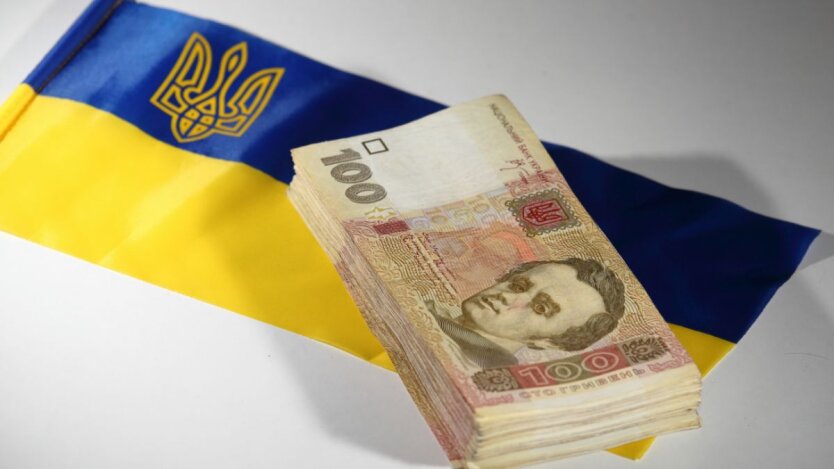Residents of certain regions of Ukraine will receive 36 thousand hryvnias: how to apply.


Estonia will provide financial assistance to households from Ukraine
The Estonian Refugee Council is launching an "Emergency Livelihood Support" program that will provide financial aid to households affected by the war in Ukraine. This program is aimed at restoring their economic activities and creating new sources of income.
According to Khvilya, the Estonian organization announced the acceptance of applications for assistance.
Up to 36 thousand hryvnias of financial aid will be received by households from eight regions of Ukraine: Kharkiv, Donetsk, Dnipropetrovsk, Cherkasy, Poltava, Mykolaiv, Zaporizhzhia, and Kirovohrad. These regions were chosen due to their proximity to combat zones and significant economic damage caused by the war.
The program covers various economic sectors such as beekeeping, gardening, animal husbandry, dairy production, as well as baking cakes, bread, and making semi-finished products.
Moreover, the aid extends to the service sector, including clothing and shoe repair, cosmetic and household services, construction, and repair.
To receive emergency grant assistance, an application must be submitted. Special attention will be given to applications from households that do not have a steady income or employment. This is done to support the most vulnerable groups that have been most affected by the hostilities.
We remind you that earlier we reported on additional assistance to employers for employing internally displaced persons.
Read also
- Pension at 45: The PFC named two key conditions for military personnel
- Trump's envoy Kellogg arrived to meet Lukashenko: meeting details
- Negotiations with the Russian Federation, threat of 'Oreshnik', frontline situation, resignation of Shmygal: Zelensky made a number of statements
- Watch Your Words: Trump Warns Supporters of Continuing War in Ukraine
- Ukrainian mobile subscribers will become 'one of their own' in Europe: what will change as early as 2026
- In Germany, the main fear of Putin was named: it will change the course of the war










